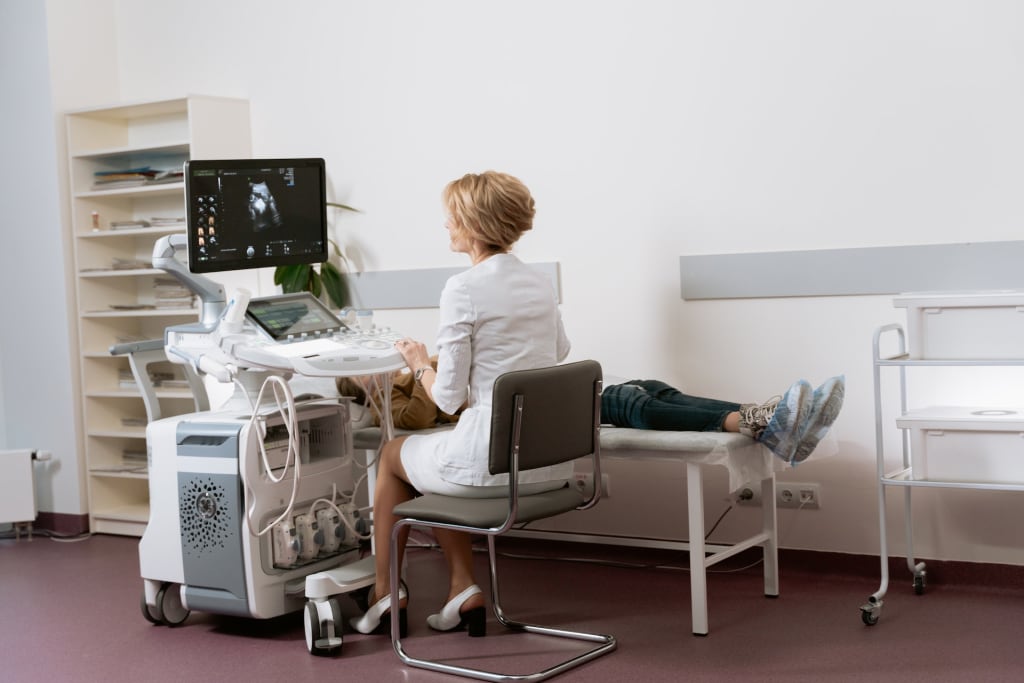A Guide To First Gynecological Exam
Learn all you need to know before your first gyno exam

Every little girl has probably herald stories about their first gynecologist visit. Maybe they’ve heard it from their mom or well-meaning friends, but no matter what the story is it might not be true. Plus, every visit to the gynecologist is subjective and personal. Not everyone experiences the same level of comfort or discomfort there. So, to help you out here is a simple guide to your first gynecological exam.
When You Should Schedule Your First Exam?
Every gynecologist recommends that all girls should have their first exam between the ages of 13 and 17. Establishing healthy gynecological care at a young age is essential because frequent and regular exams are a must for all women no matter their age.
Exams are essential in order to make sure there are no anomalies, that your productive health is in good condition, and to potentially find any health issues early on. It is normal to be worried about the first visit, but you can talk to your doctor about your concerns and they will make sure to talk you through the entire process and answer all your questions.

What Happens on the First Visit?
Sometimes, the very first visit includes talk only. Your chosen doctor will want to get to know you and your health. Also, they can explain the whole process, get familiar with your family medical history, and tell you what you can expect at future appointments.
On the other hand, the first visit can include a pelvic exam. This often happens if you do have health problems, such as painful or heavy periods. If that is the case, the doctor will perform a pelvic exam and recommend tests.
However, one thing is certain - your doctor will ask a lot of questions regarding your help. This is all only to be able to help you. The questions they ask might include:
- Do you have irregular periods?
- Do you have any uncomfortable itching?
- How bad are your period cramps?
- Are you sexually active?
- If yes, do you use protection and birth control?
Some of these might be uncomfortable, but it is essential, to be honest.
Types of Exam
Your doctor will probably start with a general physical exam. They will check your blood pressure, and heart rate and weigh you. They might even recommend blood tests if needed, for example in case you are prediabetes.
If you are sexually active, your doctor will recommend doing a test on sexually transmitted infections and diseases. This is essential to determine you don’t have any infections or diseases because some of them can leave severe consequences and some don’t even have clear symptoms.
Your doctor will also perform an external genital exam. This means that you will lie down on the table and they will look at the area around your vagina - the vulva. They might also perform a bimanual exam which entails putting two lubricated fingers into your vagina. On the other hand, the doctor will check your abdomen and this lets them feel your uterus and ovaries. This is to make sure everything is in order.
Additionally, you might get a Pap smear. Typically, doctors recommend this for people over the age of 21. However, if you have experienced heavy periods, pains, itching or any other symptoms, then you can get a Pap smear. This exam includes taking a swab of the inside of your cervix which then the doctor will send for further testing.
This test can tell your doctor if there are any anomalies and this test can catch cervical cancer early on. It should be noted that this test does not hurt, it might just be a bit uncomfortable.

How Do You Prepare?
It is really easy to prepare for your first visit. You should schedule your exam in the middle of your menstrual cycle and make sure you are not having your period during the exam. To prepare, two days before the exam you should not:
- Douche
- Have sex
- Use powder or creams
- Use tampons or put anything into your vagina
As you can see, the first gynecological exam is nothing to be worried about. It might be awkward the first time, but your doctor will talk you through everything. Also, remember that honesty is important in order for your doctor to provide you with a thorough and proper exam. It is easy to prepare for the exam, you can ask anything you want and your doctor will answer all the questions.
About the Creator
Sadie Brooks
If you like yoga, cooking, traveling, writing and reading, we might be best friends!






Comments
There are no comments for this story
Be the first to respond and start the conversation.